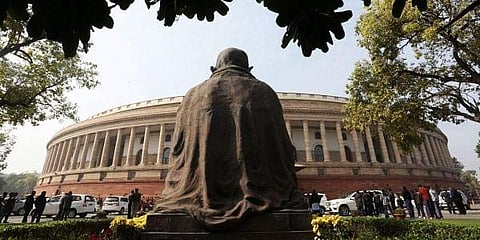

NEW DELHI: While the central government has been focusing more on entry of professionals in various departments through lateral entry, a parliamentary standing committee, in its latest report, has observed otherwise, stating why government officials from the non-executive branch couldn’t be trained on the same lines as outside experts inducted laterally.
“The committee fails to understand as to why officers from non-executive branches of the government can’t be appropriately trained on the same lines as outside experts inducted through lateral entry, especially when the former have an advantage as they know a thing or two about the functioning of the Union government,” the panel said while reiterating its recommendation.
Lateral recruitment, at the levels of joint secretary, director and deputy secretary in the Government of India, is undertaken to appoint persons for specific assignments. As per the Centre, this has been done keeping in view their specialised knowledge and expertise in the domain area. Nine candidates were selected for appointment as joint secretaries in various ministries through lateral recruitment in 2019. Further, 31 candidates were selected in 2021, comprising three candidates for the post of Joint Secretary, 19 for the post of director and nine for the post of deputy secretary. The entire selection process for making lateral recruitment was entrusted to the UPSC.
In its latest report, the parliamentary panel noted that under lateral entry scheme, applications are invited from ‘talented and motivated Indian nationals willing to contribute towards nation building to join the government at the level of joint secretary or director’, the object is to draw expertise, experience and also to facilitate exchange of talent.
The committee underscored the extension of the same principle to the Central Staffing Scheme. The committee has suggested expanding the scope of the Central Staffing Scheme not with an intention to overhaul the bureaucracy but to fulfil the twin purposes of bringing in domain expertise and addressing the shortage of bureaucrats, the report said.